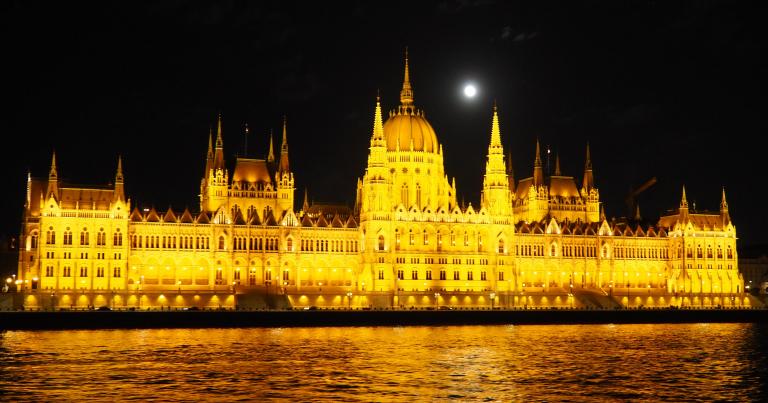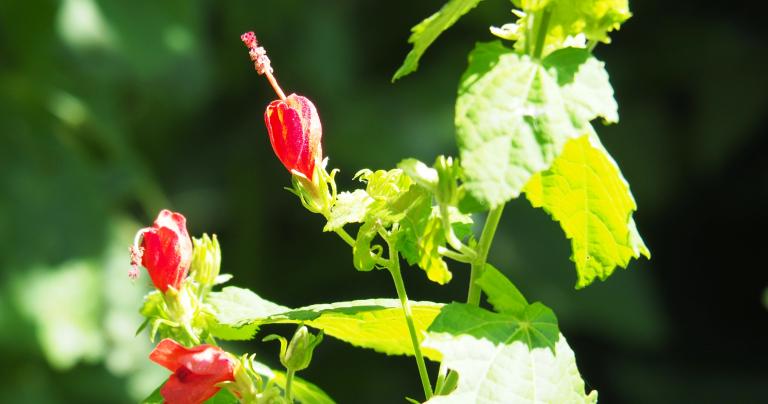What are we to do with questions that trouble us or that pique our curiosity, even though we know they can never be answered conclusively?
Some cling to the teachings of their childhood religion and fight those who suggest their myths might not be literally true. Some say that if we cannot know for sure we must believe nothing. Others attempt to be openminded but mostly end up ignoring the questions.
My philosophy is “hold loosely but practice deeply.” We understand that some questions cannot be answered with certainty, so we respect all who wrestle with them in good faith and with good will. We know we might be wrong, so we remain open to new evidence and new experiences. But while we believe something, we act as though that belief is absolutely true, and we follow our line of belief and practice as far as we can.
This post is not about the case for immortality or for life after death. I’ve talked about these things before, especially in the post titled One Pagan’s Thoughts on What Comes After Death. That’s the “hold loosely” part.
This post is about the “practice deeply” part.
What does it mean that we are immortal?
This world is only one part of life
All that lives will someday die – this is self-evidently true. We will die, and our bodies will decay and return to the elements from whence they came. But as important and sacred as our bodies are, they are not all we are. As important and sacred as our brain activity is, the essence of who we are is more.
We are not bodies who have spirits. We are spirits who – for the moment – have bodies.
What happens to our spirits when they are no longer attached to our bodies? Most of the world’s religious traditions say they go… somewhere. I say they go to the Otherworld because I don’t have a better word for the land of our Gods and ancestors.
Is there one Otherworld or are there many? Is it separated from this world by a “veil” or is it right here with us and we’re unable to sense it (most of the time, anyway)? Does time truly run differently there?
That’s another big question that deserves our consideration, but not in this post. For now, what’s important is that when we die, the essence of who we are goes somewhere.
But we don’t stay there forever.
You may not have lived before, but you will live again
The commonly heard statement that there are more people living today than have ever lived is not correct – it’s not even close. But with an early human population likely in the tens of thousands and a current world population around 7.5 billion, it’s obvious that in every era a good number of people are living in this world for the first time.
Any time I bring up the topic of reincarnation, people start speculating about who they were in a previous life. I have past life memories, including some that are quite old. They help me understand why I am the way I am in this life. But they don’t define me – they aren’t my identity.
The important part of reincarnation isn’t who we were but who we will become.
On the question of free will vs. fate, I come down strongly on the side of free will. At the same time, I recognize that the combination of our environment, our experiences, and our choices shapes our futures in a way that looks a lot like fate.
How you live now has an impact on how you’ll live next year, in ten years, and in the final years of your life.
And it has an impact on how you’ll live in your next life.
You don’t have to do it all in this lifetime
Transportation, telecommunications, and especially the internet have made our world far smaller than it used to be. But these incredibly shrunken “distances” have dramatically increased the options and information available to us.
Some of my friends would like to abandon modern society and go back to a hunter-gatherer lifestyle. I wish that was a viable option for them, but I have no desire to join them. I like modern technology, I like being able to travel the world, and I especially like being able to learn and do things my parents and grandparents couldn’t even dream about.
And I recognize that our world is still too unfair and unjust. I want to learn as much as I can, and I also want to leave the world a better place than I found it.
Knowing that I can’t get to all of that in this lifetime is both a blessing (I’ll never get bored!) and a curse. I will die with many, many things left undone – both for myself and with my communities.
But because we are immortal, we don’t have to do it all in this lifetime. We will live again, and while we can’t exactly pick up where we left off, we can continue to learn and grow, and to build a better world where ever – and whenever – we are.
But wasting from abundance is still a waste
Perhaps the best moral case against immortality is that a single lifetime is an urgent lifetime. You only get one chance so make the most of it. If you knew you had forever, you’d put things off and never get them done, year after year and lifetime after lifetime.
While there’s something to be said for urgency, there’s a certain Protestant and capitalist undercurrent in that argument. The value of a lifetime is more than what you produce, or even the knowledge you accumulate – and I say that as someone who’s a rabid accumulator of knowledge.
Still, there’s a qualitative difference between time spent in rest, contemplation, or play on one hand, and time mindlessly flittered away on the other.
And there’s a difference between extravagance and waste. Extravagance can be beautiful and inspiring, it brings us pleasure and shows us what is possible. Waste consumes valuable resources and provides nothing in return, neither tangible nor intangible.
Wasting a lifetime because you know you have more is still a waste.

And others need your help
Beyond the ethics of waste is the fact that life isn’t all about you – you aren’t here just for yourself.
There are people who are suffering right now. Yes, they’ll get another life too, but why should they have to suffer in this one – particularly when that suffering can be removed?
Some of them need your direct assistance. Many more need your work to build the kind of world where charity is unnecessary.
And some just need your friendship.
The immortals of fiction are often said to become callous and uncaring – they live on while the rest of us die quickly. What’s one more death, or a thousand, or a million?
But when we realize that we are all immortal, we start to understand the need to build a better world here and now. We will be back, and so will our loved ones. Let’s make the next time better than this time, for everyone.
Rebirth won’t go on forever
In about five billion years, the sun will expand into a red giant and engulf the inner planets – including the Earth. We may be reborn here many times, but we cannot be reborn here forever. Further, some traditions – especially Buddhism – teach that eventually we learn and accomplish all we intend to do and we end our cycle of rebirth.
What happens then? Do we take up permanent residence in the Otherworld? Will we be reborn on another planet? Perhaps we have already lived on other planets and simply can’t recognize them in our past life memories. Will we become Gods or demigods?
I don’t know – I’m pushing it to see into the next life, much less many lives in the future. But I’m sure of one thing.
Even after we stop being reborn, we will still be immortal.
Live fearlessly – the details will sort themselves out
The big questions of life are not idle speculations by people who have no “real work” to do. They’re a response to the realities of life that face us all. It’s been said that to be human is to be aware that you are alive and also aware that someday you will die.
For the vast majority of people for the vast majority of time, the existence of life beyond death was an unquestioned reality. I think we are wise to question that belief, as we are wise to question and examine all our beliefs. But having examined it, I’m convinced it’s true. And so I fear neither death nor a life that is less than perfect.
Do I have all the details exactly right? Probably not. But the details will sort themselves out.
Hold loosely but practice deeply.
Let’s embrace our immortality as deeply as we can.


















